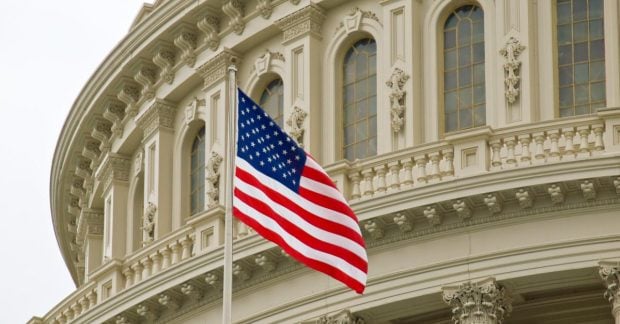This time of year is always pivotal for our health and wellbeing, as well as for our happiness. Autumn brings with it cooler, wetter and darker days; this seasonal change can often see our motivation drop through the floor. On a bright summer’s morning, we’re far more likely to spring out of bed and feel keen to go outside. But when the weather is grim and gloomy, we naturally want to hibernate: to pull on a cosy jumper and stay indoors.
There’s nothing inherently wrong with this, but to help us stay in the best possible shape come winter, both physically and mentally, we do need some motivation. As the weather grows colder, we start to see more infections: more colds and coughs and, in those who are prone to them, more asthma attacks and chest infections.
Many experts are anticipating that this year could be worse than the average winter, because we were locked down for much of the last; our immune system needs to be regularly exposed to threats so it can decide when it needs to respond and when it doesn’t. With those threats reduced or removed completely for so long, we could well suffer from a lot more respiratory infections this year.
But the good news is there are simple steps you can take to support your immune system and boost your health as the nights grow longer…
1. Sleep longer and better
Sleep is one of the most important tools we have to ensure our immune system is functioning effectively. Getting a bit more sleep, and sleeping a bit more deeply, has a direct positive impact on immunity. Research has shown that when we reduce the number of hours we sleep, our natural killer cells, which help fight off infections caused by viruses and bacteria, can decrease by up to 50 per cent.
If you’re struggling to sleep, please don’t beat yourself up about it. Stressing out is absolutely not going to give you a better night. But whatever your situation, you can almost certainly improve your sleep quality by making simple changes. A good night’s sleep starts first thing in the morning, when you should ideally go outside and get between 10 and 20 minutes’ exposure to natural light. Even on a cloudy day, you will still be exposed to so much more light outdoors than inside a brightly-lit building. Exposure to natural light helps the body’s circadian rhythm and helps your organs generally function better; it will give you more energy and focus too.
Have your morning cup of tea or coffee in the garden, if you have one. Listen to the birds and look at the trees, because that proximity to nature will boost your wellbeing by lowering your levels of the stress hormone cortisol.
Don’t hanker for summer days; embrace the winter nights and make the most of the fact that spending more time indoors at night, rather than socialising, could lead to better rest.
A hot bath or shower before bed often helps us sleep better, pushing blood to the surface of the body and, a short while after, causing core body temperature to drop. This signals to your body it’s time to go into a relaxing sleep, just as the cooling night air would tell our ancestors’ bodies this was the time to fall into a long, deep slumber.





